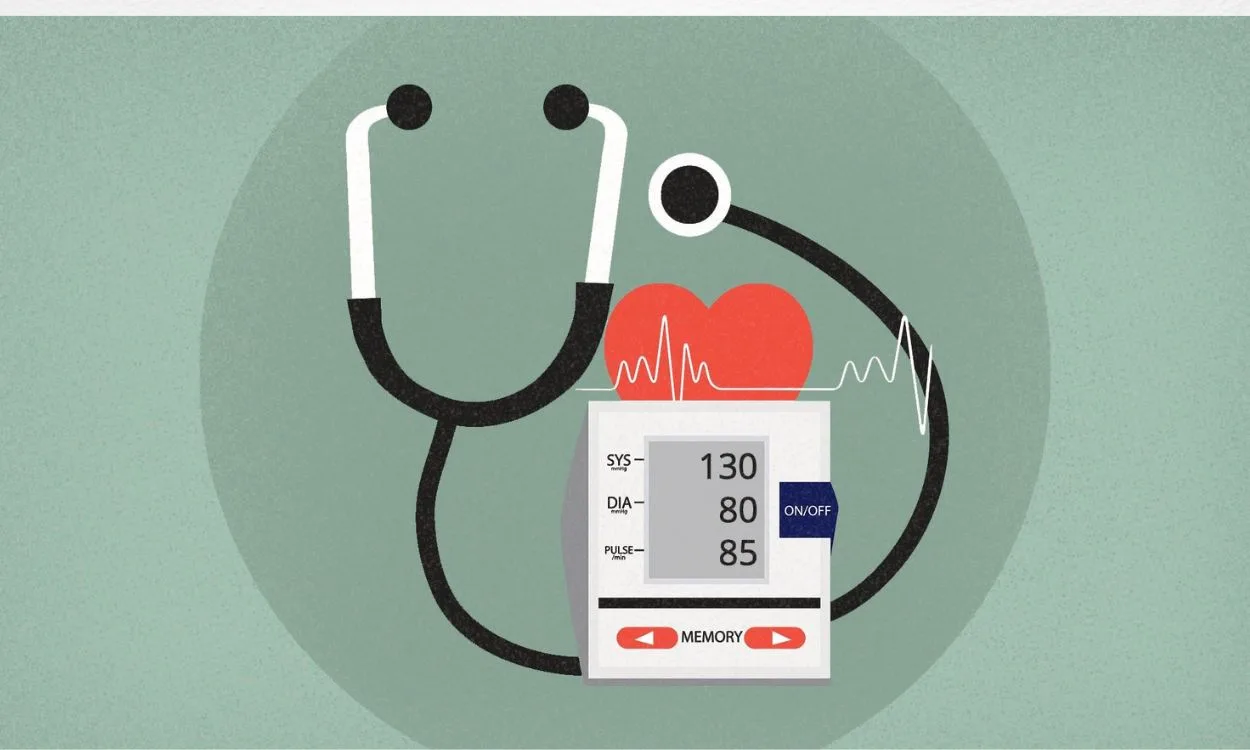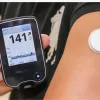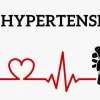How Does Hypertension Affect Blood Vessels and Cardiovascular Health?
Hypertension, also known as high blood pressure, is a common medical condition that affects a significant portion of the population in India. It occurs when the force of blood against the walls of the blood vessels is consistently too high. While hypertension may not always present noticeable symptoms, it can have a detrimental impact on blood vessels and overall cardiovascular health. In this article, we will explore the effects of hypertension on blood vessels and provide important insights into managing this condition effectively.
Understanding Hypertension
Before delving into the effects of hypertension, it is crucial to understand the condition itself. Blood pressure is measured using two numbers: systolic pressure and diastolic pressure. The systolic pressure represents the force exerted on the blood vessels when the heart contracts, while the diastolic pressure indicates the pressure when the heart is at rest between beats. A normal blood pressure reading is typically around 120/80 mmHg (millimeters of mercury).
In the case of hypertension, the blood pressure consistently exceeds the normal range, often reaching levels of 130/80 mmHg or higher. This prolonged elevation of blood pressure can result in various complications, primarily affecting the blood vessels and the entire cardiovascular system.
Impact on Blood Vessels
- Damage to Arteries: High blood pressure places excessive force on the arterial walls, causing damage to their inner lining. Over time, this can lead to the development of plaque, a fatty substance that accumulates and hardens within the arteries. The accumulation of plaque narrows the arteries, restricting blood flow and increasing the risk of heart disease, stroke, and other cardiovascular complications.
- Atherosclerosis: Hypertension is strongly linked to the development of atherosclerosis, a condition characterized by the buildup of plaque in the arteries. As the arterial walls become damaged, cholesterol, calcium, and other substances accumulate, forming plaques. These plaques can then rupture, leading to blood clots that may block blood flow to vital organs, causing heart attacks or strokes.
- Endothelial Dysfunction: The inner lining of blood vessels, called the endothelium, plays a vital role in regulating blood flow and maintaining vascular health. Hypertension disrupts the normal functioning of the endothelium, leading to endothelial dysfunction. When the endothelium is compromised, blood vessels lose their ability to dilate and contract properly, impairing blood flow regulation and increasing the risk of cardiovascular events.
- Increased Rigidity: High blood pressure causes the blood vessels to lose their elasticity and become stiffer. This increased rigidity reduces the ability of blood vessels to expand and contract in response to changes in blood flow. Consequently, the heart has to work harder to pump blood, straining the cardiovascular system and increasing the risk of heart failure.
Managing Hypertension and Improving Cardiovascular Health
Understanding the detrimental effects of hypertension on blood vessels highlights the importance of effectively managing this condition. While medication may be necessary in some cases, adopting a healthy lifestyle can significantly reduce blood pressure and improve overall cardiovascular health. Here are some key strategies for managing hypertension:
- Regular Exercise: Engaging in physical activity for at least 30 minutes most days of the week can help lower blood pressure. Activities such as brisk walking, cycling, swimming, and yoga can effectively reduce hypertension and improve cardiovascular fitness.
- Healthy Diet: Following a balanced diet rich in fruits, vegetables, whole grains, lean proteins, and low-fat dairy products can help control blood pressure. Limiting sodium intake, reducing saturated and trans fats, and avoiding processed foods are essential for managing hypertension.
- Stress Reduction: Chronic stress can contribute to elevated blood pressure. Incorporating stress-reducing techniques such as meditation, deep breathing exercises, and engaging in hobbies can help lower blood pressure and improve overall well-being.
- Weight Management: Maintaining a healthy weight is crucial for managing hypertension. Losing excess weight through a combination of healthy eating and regular exercise can significantly reduce blood pressure levels.
Fitpaa: Your Companion in Achieving Cardiovascular Health
If you are committed to optimizing your cardiovascular health and effectively managing hypertension, the Fitpaa app is a valuable tool to aid you on your journey. Fitpaa offers personalized fitness plans, nutrition guidance, and real-time support from a team of experts, including fitness coaches, nutritionists, and doctors. With Fitpaa, you can track your progress, access workout routines, manage your diet, and receive regular consultations to ensure you stay on track towards your health and fitness goals.
Download the Fitpaa app today and embark on a transformative journey towards improved cardiovascular health. Let Fitpaa be your trusted guide in achieving your goals, as we work tirelessly to help you lead a fit and healthy life. Remember, your well-being is our mission!
Dowload Fitpaa App Now: Download Fitpaa App









